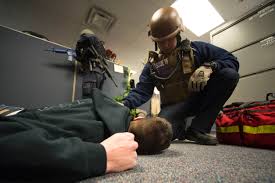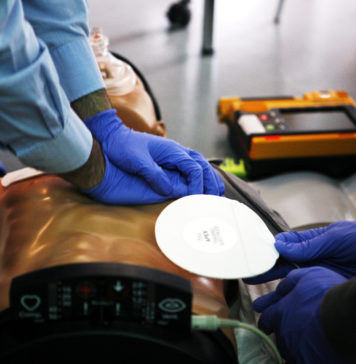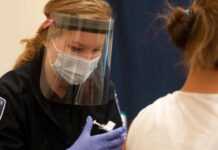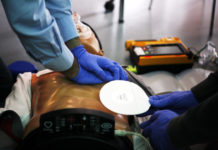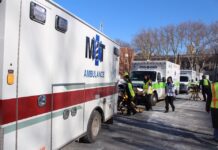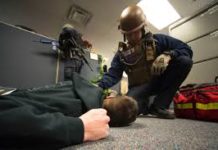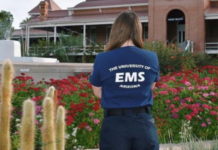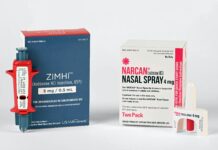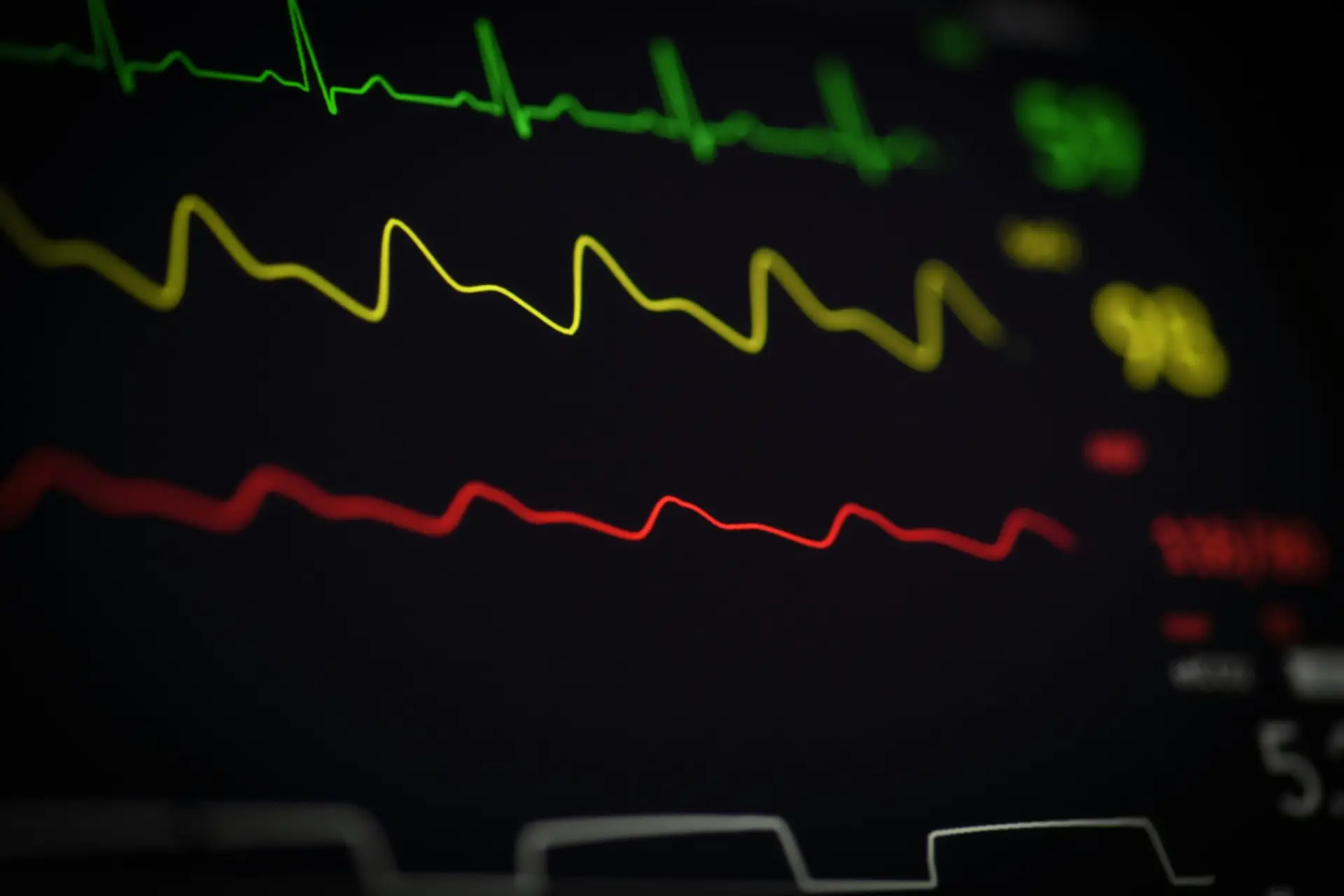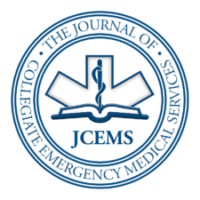Marketing Your EMS Experience
Collegiate EMS providers should leverage their experience in EMS to demonstrate their qualifications for employment or graduate education.
Standing Up and Staffing a Covid Vaccine Clinic on a Collegiate Campus
The University of California – Davis Fire Department discusses their experience setting an administering an on-campus COVID-19 vaccine clinic.
Improvements in the Self-Efficacy of CPR Performance Following a Brief Hands-only Training Program for...
Bystander CPR has been shown to significantly improve survival from out-of-hospital cardiac arrest (OHCA), yet rates of bystander CPR remain low across the United States. This paper outlines a brief HOCPR training that was successfully implemented by a collegiate-based EMS agency.
Evaluation of Transport Policies for Intoxicated Undergraduate Students by Undergraduate Emergency Medical Services Agencies
The authors compare existing and desired transport policies for intoxicated undergraduate students among collegiate EMS agencies.
Embry Riddle Aeronautical University Emergency Response Team hosts a multi-agency active shooter drill based...
Connor Black, the Assistant Chief of the Emergency Response Team (ERT) at Embry-Riddle Aeronautical University, sat down with the JCEMS news...
Comparing Patient Evaluations by a Municipal and a Collegiate-Based Emergency Medical Service
This study assesses UAEMS’ patient evaluations when referenced to Tucson Fire, the local municipal agency.
Training Student EMTs to Support Mobile Community Support Program
Download PDF (Available Soon)Author and Article Information ...
Opioid and Alcohol Co-Ingestion
Although college campuses have historically been regarded as a protective influence against the development of substance use disorders, substance use and misuse have risen to become one of the most widespread public health concerns facing U.S. college campuses in the past decade. This article discusses pertinent pharmacology, clinical presentations, and treatment guidelines for co-ingestion of alcohol and opioids.
Johns Hopkins Emergency Response Organization (HERO) lays the groundwork for inter-facility transport
Under the leadership of Christopher Wend (former Captain) and Leela Herbst (current Captain), HERO prepares for inter-facility transports.
Innovation in Collegiate Emergency Medical Services
The authors review potential uses of current and future innovations in EMS and discuss our Call for Papers for an upcoming special JCEMS edition.


